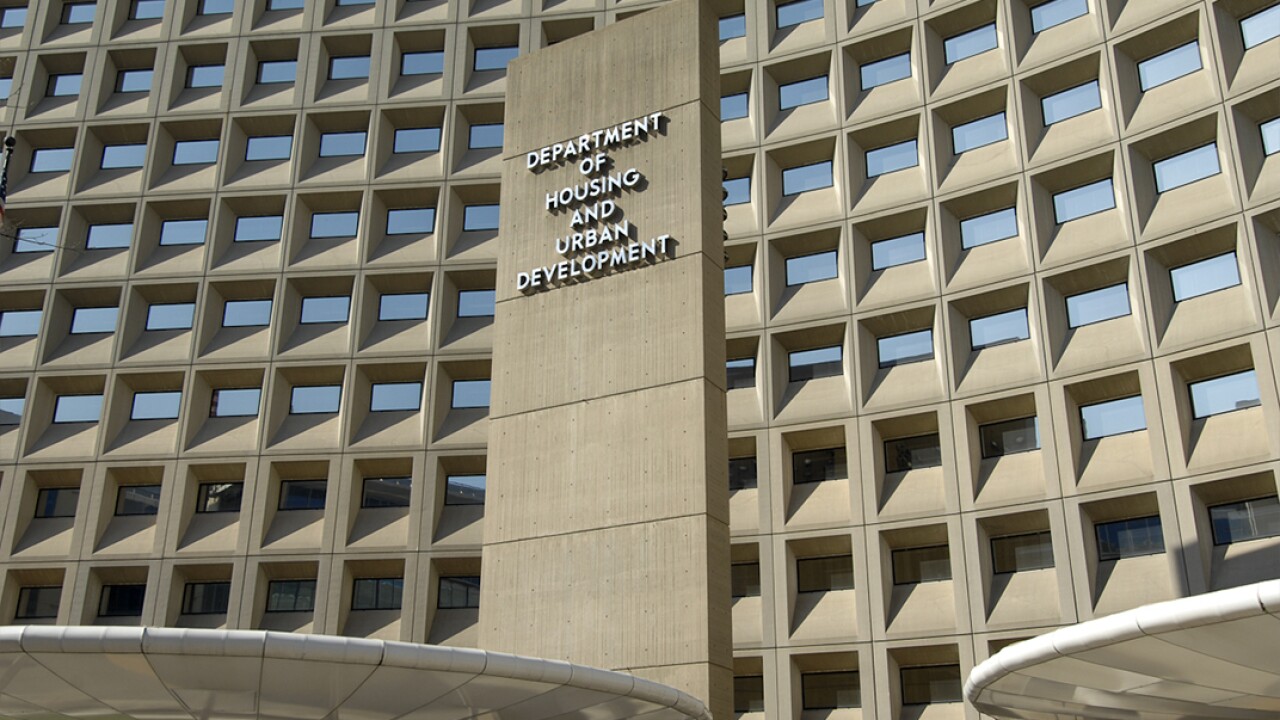WASHINGTON — The fate of a proposal to create a $30 billion small-business lending fund remained unclear Thursday as lawmakers continued to battle over whether the measure resurrects the Troubled Asset Relief Program.
Democrats and a few Republicans pressed during Senate debate to add back the fund, which was stripped out of a bill designed to help small businesses after several GOP lawmakers objected.
Sen. George LeMieux, R-Fla., said in an interview that he remained hopeful the fund would be included in the final bill.
"I know there are colleagues who support it," he said in an interview. "I think we will have the votes to pass it. I don't think it's a partisan issue."
He was backed by Sen. George Voinovich, R-Ohio, who said he would also support the lending fund.
But they were at odds with many other Republicans, who derided the measure as a second coming of Tarp. "Unfortunately I continue to have significant concerns with the lending fund … . Regardless of what the proponents will say, it is the Tarp program," Sen. Olympia Snowe, R-Maine, said during floor debate. "Regardless of how you want to describe this program, it is what it is. It is a Tarp program."
Sen. John Thune, R-S.D., meanwhile, insisted that opposition to the fund is bipartisan. "This is essentially a Tarp program that has been relabeled and renamed," he said. "You can't get away from the basic fundamental fact that it continues to be an extension of Tarp simply to … smaller lending institutions."
But in the interview, LeMieux rejected comparisons to the politically unpopular program. "Anyone can throw a label on something," he said. "This is providing money to small community banks to lend to small businesses."
A vote on the fund and overall bill could come as early as late Thursday.
The fund was originally the heart of the small-business bill, which also included tax relief measures and a separate state lending program. It would set aside $30 billion that community banks could tap as capital to boost small-business lending. Dividends paid on any funds received would drop sharply as banks increased their lending.
But Senate Majority Leader Harry Reid offered a substitute version of the bill late Wednesday without the fund, due to the difficulty of finding the 60 votes necessary to nullify a filibuster threat.
Industry representatives, supporting the fund, say they hope it will be added back but are uncertain there is enough support.
"The chances of it passing are unclear at this point," said James Ballentine, director of grassroots and community outreach at the American Bankers Association. "There are just reservations on both sides of the aisle, and I think another 24 hours will provide members more clarity as they get through the debate."
But Jaret Seiberg, an analyst at Washington Research Group, a division of Concept Capital, was more confident about the fund's chances. "There's broad support to help small business, and the fund is one of the few new tools to do that, and that's why we expect it to pick up enough support to get through," he said.
Senate Small Business Committee Chairman Mary Landrieu was pushing Thursday for its inclusion, trying to rebut characterizations of the fund as another Tarp.
"This program is not $700 billion," Landrieu said during floor debate. "It's $30 billion. It's not going to big banks on Wall Street. It's going to small banks on Main Street. The Tarp program went to banks that were failing. This is going to banks that are trying to help increase their lending. So if anyone thinks this is like Tarp, I can explain this is not like Tarp."
She was supported by the Obama administration, which released an official statement of policy calling for the inclusion of the fund in the final bill.
Although Tarp had been due to expire in October, the Dodd-Frank Wall Street Reform Act, which was signed by President Obama on Wednesday, effectively shut down the program. Sen. Richard Shelby, R-Ala., accused Democrats of trying to bring it back in another form. "Just one day after the enactment of Dodd-Frank, which contained a provision to speed up termination of the Tarp program, we're voting on an amendment to extend Tarp for at least another 10 years," he said.





